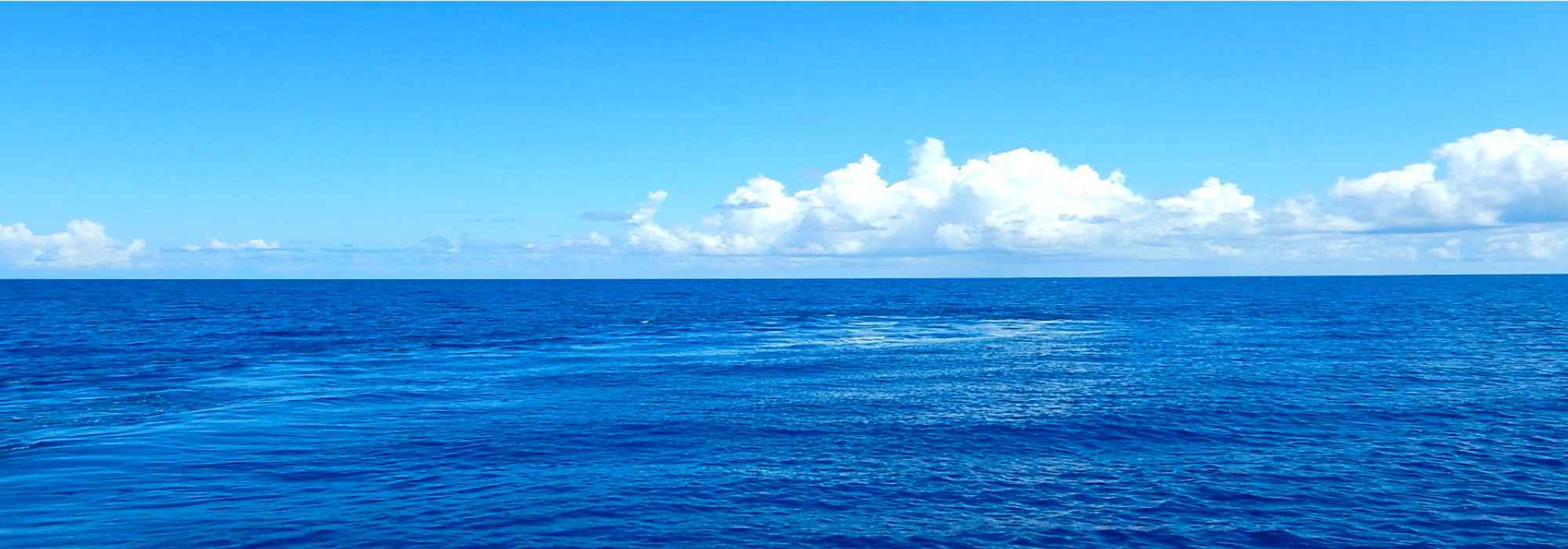Coconuts > Processed Tree/Leaf
20 Entries
Tuvaluan
日本語/English
Notes
n.
dried coconut leavesdried coconut leaves that are tied together to form a torch (used to burn hair off pigs)
名
乾燥した茶色のココヤシの葉
n.
local torch, made from coconut fronds, part of local dancing skirt made from coconut leaves
名
乾いたココヤシの複葉(kaulama)を束ねてつくるたいまつ,伝統舞踊のスカートに用いるココヤシの葉
豚の毛焼き用のたいまつにする.かつてはトビウオ漁の際のたいまつにも用いた.
n.
the coconut tree tied with a coconut leaf indicating that no one is allowed to climb and collect the fruits or cut leaves from it (Falefou 2017)
名
切りとった葉身を巻きつけたココヤシの幹,また幹に巻き付けた葉身
一家の重要なココヤシに切りとった葉身を巻き付け,登ったり実を採ったりすることを禁じる目印にする.(敷地の境界線を示す場合や,単に装飾の場合もある)
n.
footholds, steps cut into the trunk of the coconut tree.
名
ココヤシの木の幹に切り込みを入れてつくる足場
lekaは北部方言
n.
local dancing skirt made from brown coconut leaves
名
茶色く乾燥したココナツの葉で作った伝統舞踊の衣装のスカート
一般的にスカートのことを指すこともある.[参] titi fakamanumanu.
ato
n.
basket with handle weaved with brown coconut leaves
名
茶色いココヤシの葉で編んだ持ち手付きの籠
緑の葉で編むpekaより耐久性があり,長期的に使用する.










